A TEFL Certificate or a TESOL certificate is a ESL credential obtained after completing a TEFL/TESOL certification course. The program name TEFL and TESOL are the same thing and the terms are used interchangeably. TEFL stands for “Teaching English as a Foreign Language” while TESOL stands for “Teaching English to Speakers of Other Languages”.
Programs Required By
As of 2015, a TEFL or TESOL certificate is required by the Korean government to teach English at a Korean public school. Both the EPIK and GEPIK English teaching programs require that a certification is completed before arriving in Korea. Private Schools and Hagwons currently have no TEFL/TESOL requirement as of 2015.
Certification Course Methods
TEFL/TESOL certification courses are available in 3 forms: online, offline, and hybrid online-offline.
Online
Certifications that are completed purely online are accepted by the Korean government and EPIK and GEPIK programs. The courses must be of 100-hours or more. A physical certificate after completion of the course is required.
Offline (In-class)
Certifications that are completed offline at an accredited institute are accepted by the Korean government and EPIK and GEPIK programs.
Hybrid Online/Offline
Certification courses that are comprised of both online and offline class components are accepted by the Korean government and EPIK and GEPIK programs. MOEs and POEs prefer applicants with at least a 20-hour in-class component. The Busan MOE requires that its applicants have at least a 50-hour in-class component.
Korvia Recommended TEFL Course
For those that would like to take an accredited online 120-hour course to meet all the public school program requirements for programs such as EPIK, GEPIK, and SMOE, Korvia has partnered with the London College of Teachers to give applicants the chance to take a course that is both affordable as well as flexible for those with limited time schedules. For more information please visit www.korvia.com/tefl.
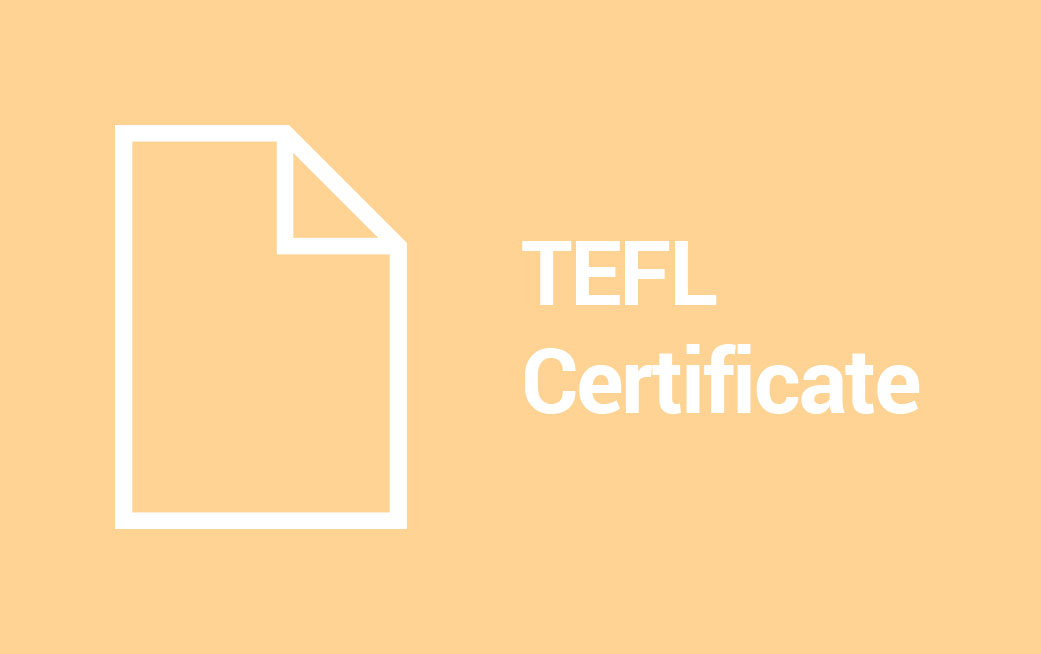
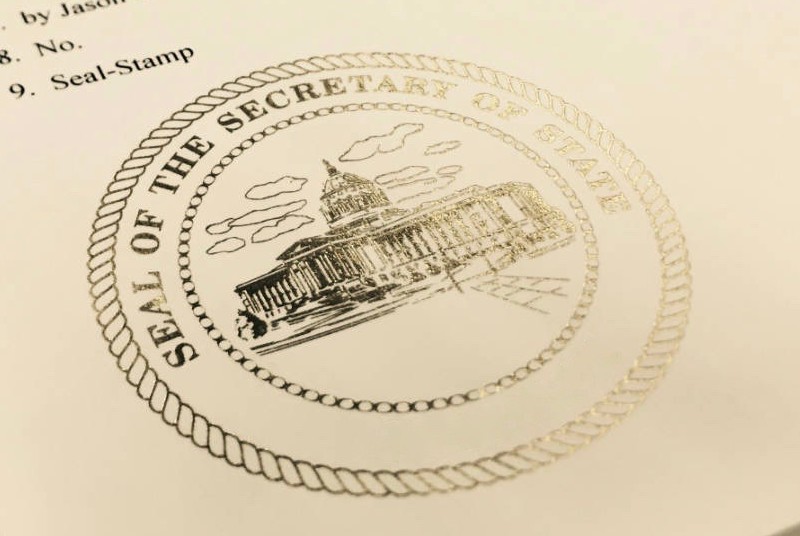

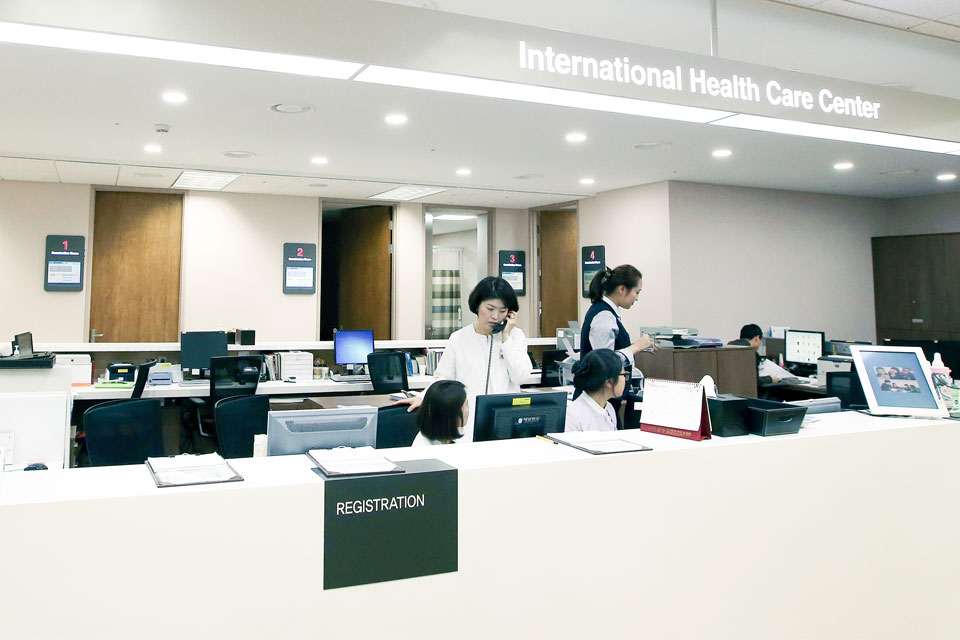
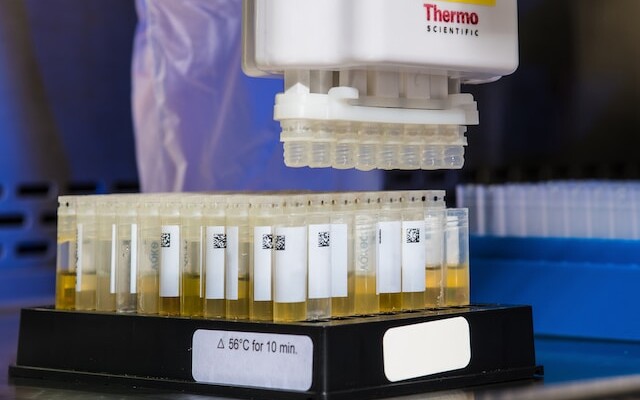
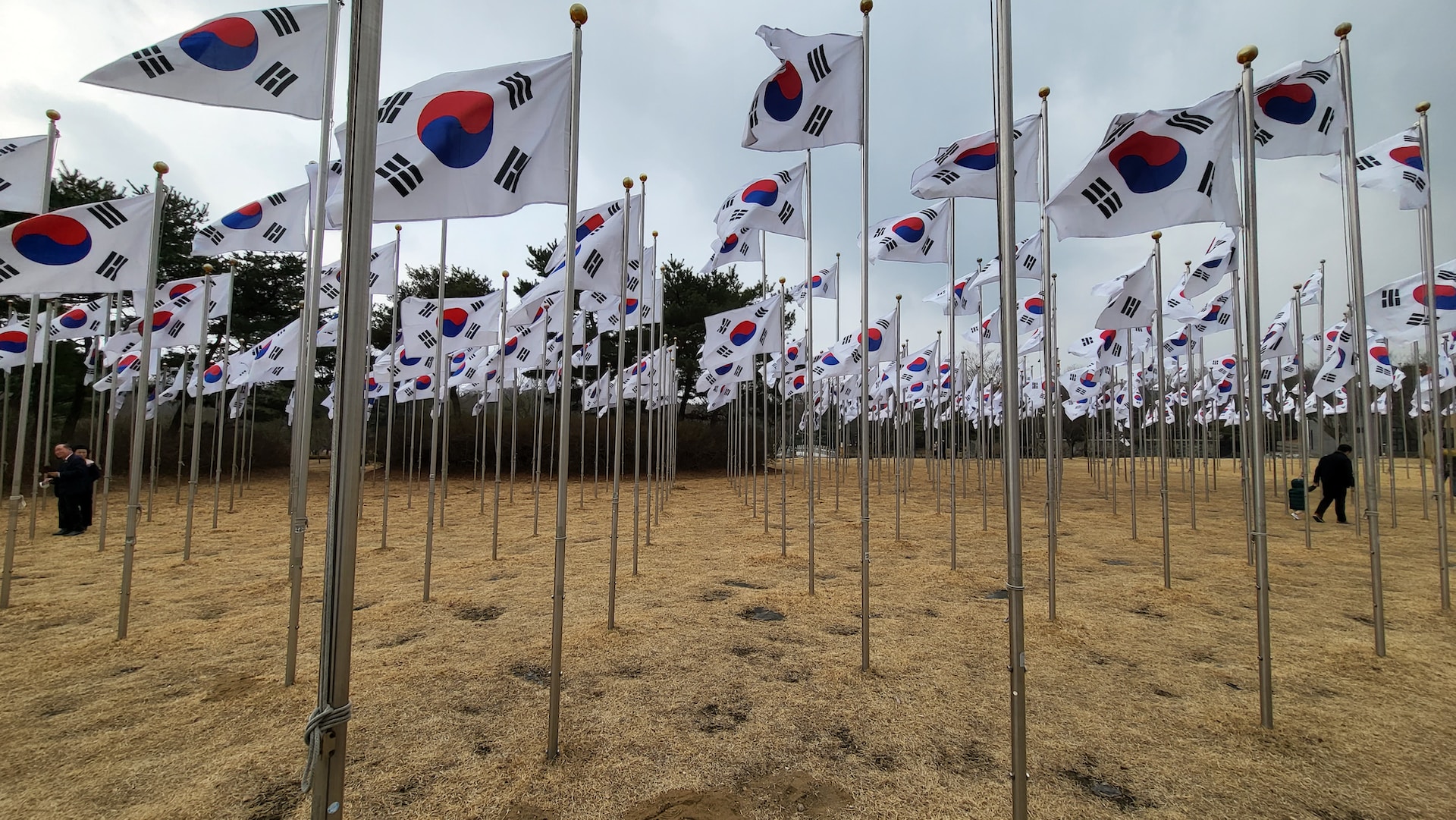
Just so you know most so called 100, 120, or 150 hour online courses aren’t accurate. Most of these courses can be completed in 20 hours or less. Think about it. How can you measure these hours online? They are not in a classroom and these are not online courses with set “class times”.
There’s a thread on Reddit that you can read, do a search for:
“Are the hours in a TESOL course accurate?
Hello Korvia,
I have a Bachelor of Education majoring in Primary school teaching. Do I need to undertake a TEFL course?
I am looking over the required documents for applying to specific programs and it states that I need to supply a TEFL certificate; however, I think I have read somewhere that if I have an Education degree I do not need a TEFL certificate.
Thank you for your time.
Kind Regards,
Lizzie
Hello Korvia
I have completed my TEFL online.
I currently have a digital certificate …. can I just print this as my “physical certificate”?
Thanks
Jean One
Does anyone know of a TEFL course that will meet the Busan requirement? I am hoping to do it partially online and do the teaching hours in person.
Thank you
Hello Korvia
I have completed my TEFL online.
I currently have a digital certificate …. can I just print this as my “physical certificate”?
Thanks
Zintle Mtsokoba
Hello Korvia
I have two Bachelors in a field that is not related to education or teaching. I also do not have any teaching experience. However, I have completed my TEFL course online. Will I be eligible to apply or will it be a lot harder? Please let me know.
Kindly,
Christopher Lee
Hi Christopher, as long as you are from one of the seven eligible countries, you are definitely eligible! There is no disadvantage for applicants without teaching-related majors.